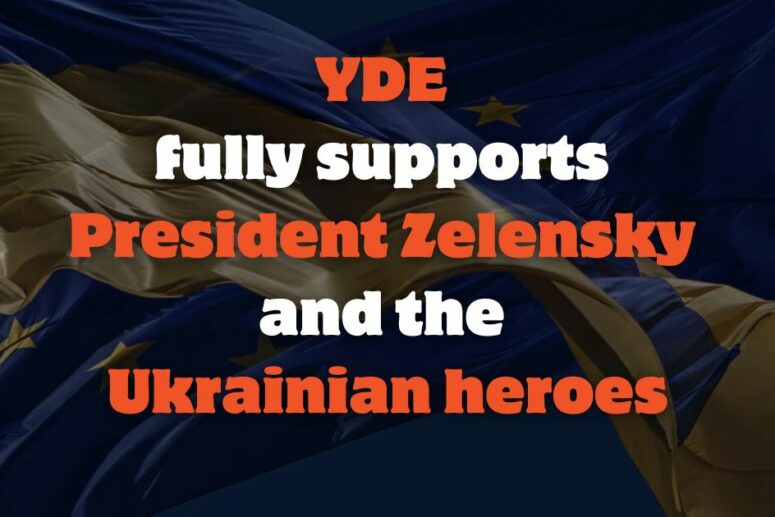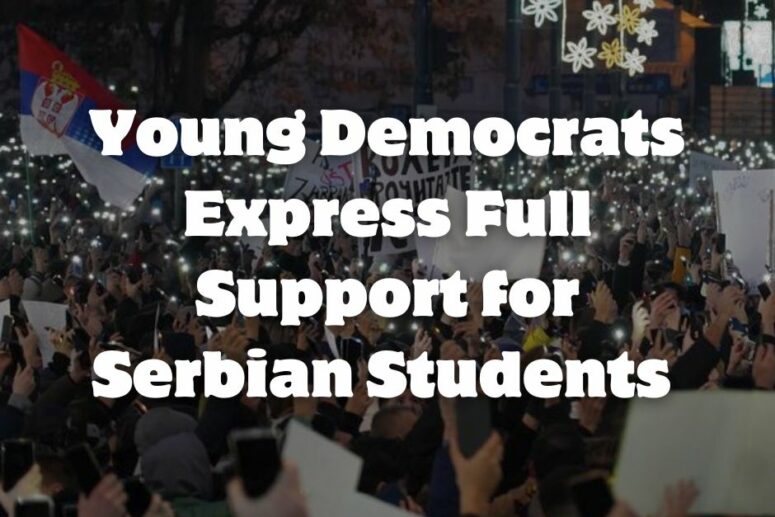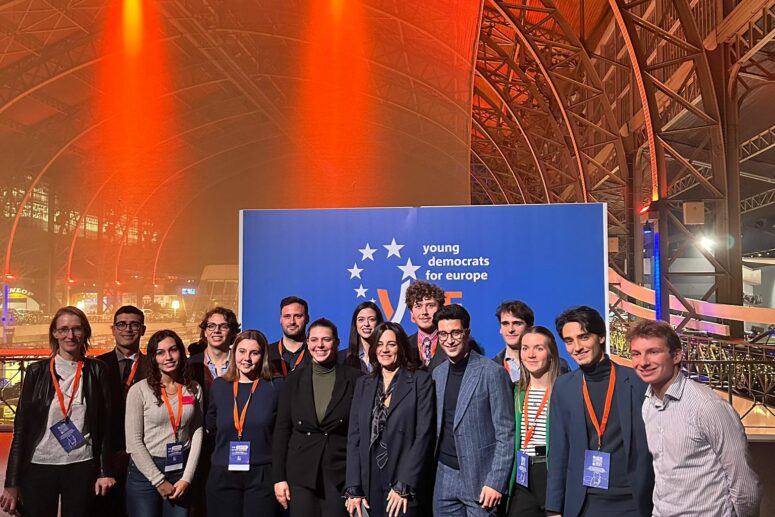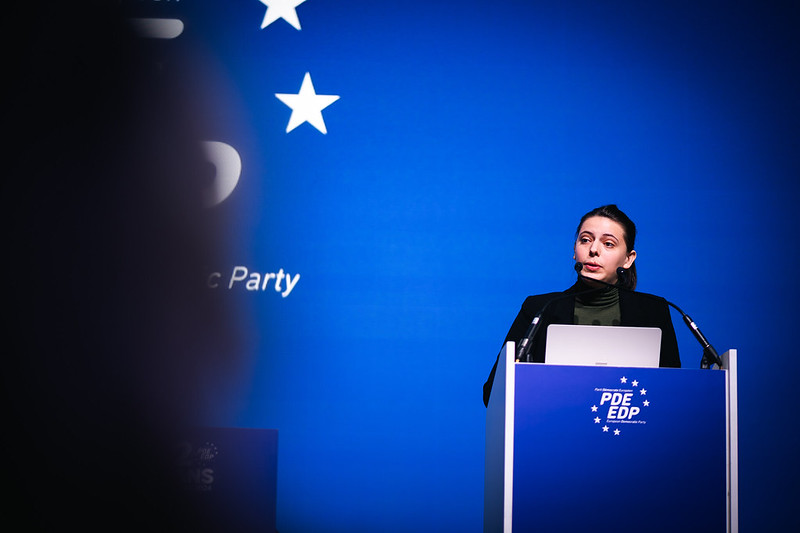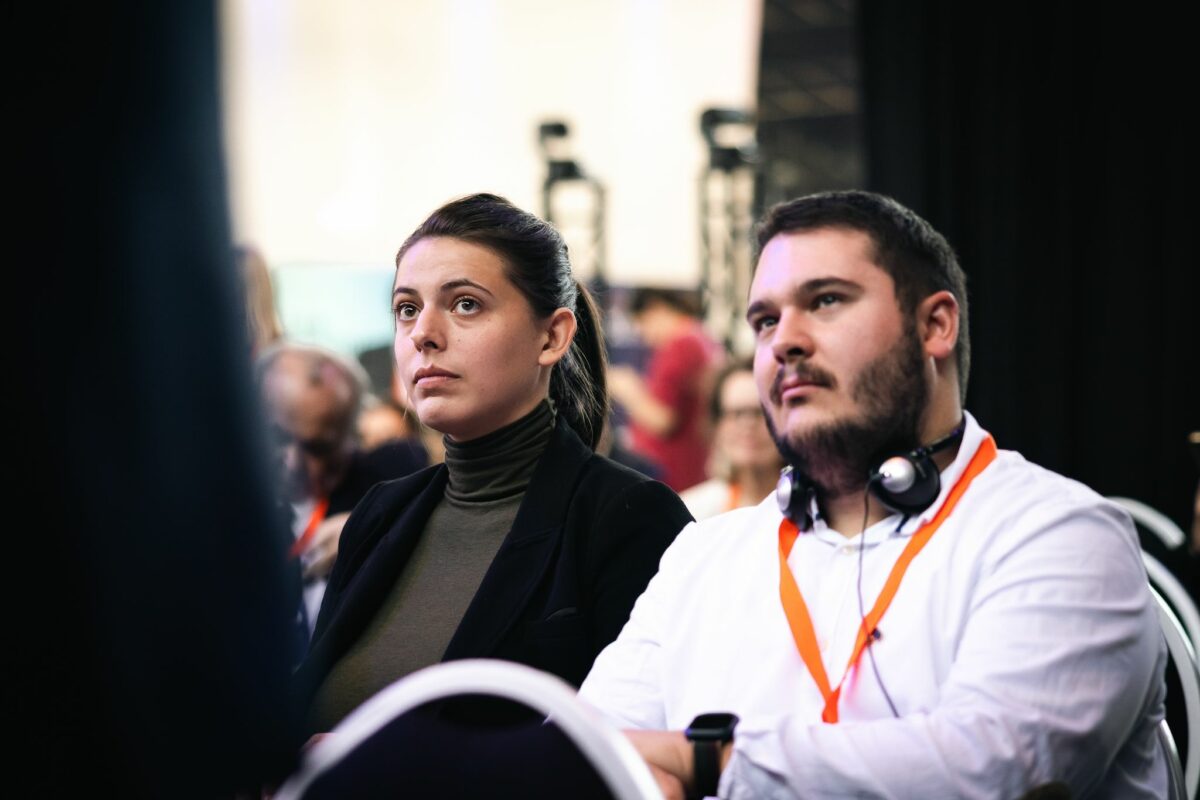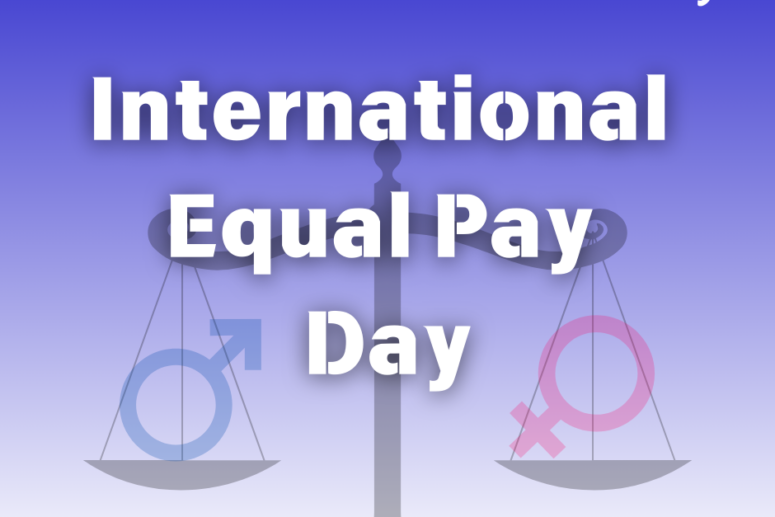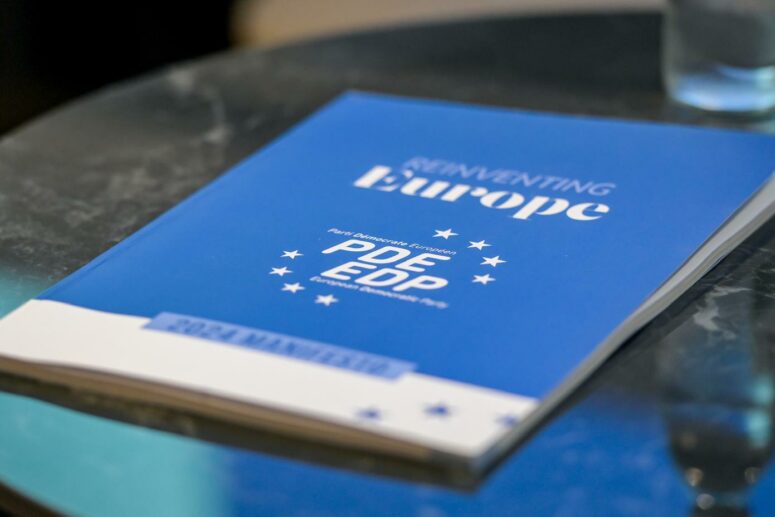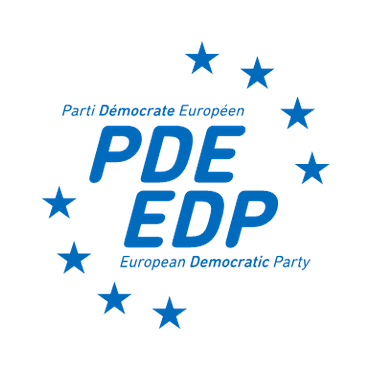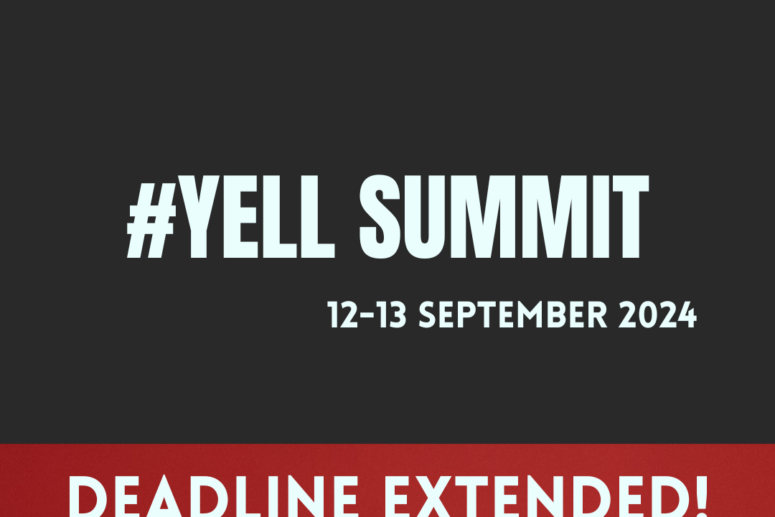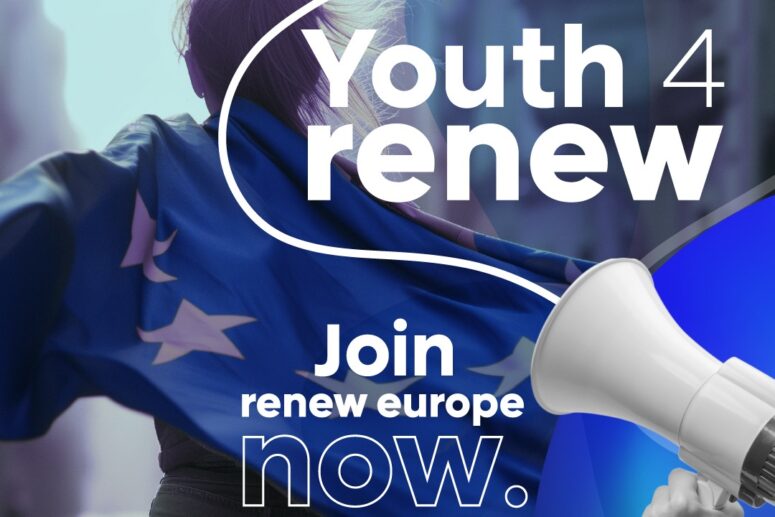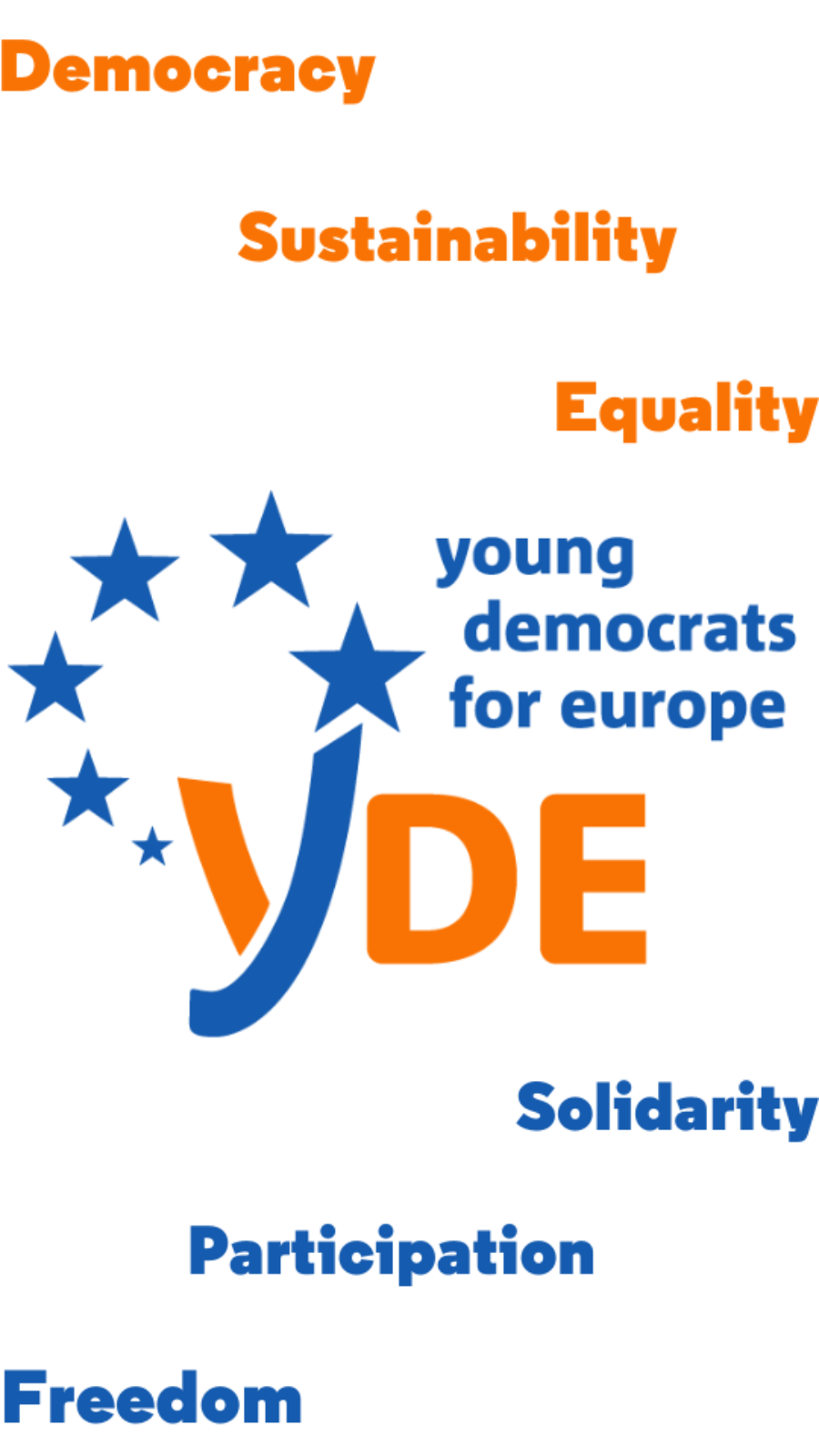The Young Democrats for Europe deliberately chose to wait before issuing this statement, and to do so in English, allowing ourselves the necessary time to better understand the evolving situation and to reflect with clarity and responsibility. In a society that often demands a tweet or an instant reaction mere minutes after events unfold, we believe that the complexity of geopolitics requires pause, judgment, and thoughtful consideration—especially when addressing young people and future generations.
Our foremost hope is that the current situation in Venezuela will be resolved in a way that serves, above all, the interests of Venezuelan citizens. In particular, we think of the younger generations: young Venezuelans who deserve to live in a country that offers real opportunities, democratic institutions, freedom, and dignity.
While few will mourn the political departure of Nicolás Maduro given the profound damage his rule has inflicted on Venezuelan society and democratic life, it is nevertheless impossible to be satisfied with the manner in which recent events have unfolded. In politics—Politics with a capital “P”—form is substance. Methods matter. If the world’s largest democracy finds itself resorting to such actions, this raises serious concerns for international law and for a global order based on shared rules, legality, and multilateralism.
The erosion of respect for international law, regardless of the actors involved or the individuals targeted, represents a dangerous precedent. A rules-based international system cannot be defended selectively; it must be upheld consistently if it is to retain legitimacy and credibility.
We therefore conclude with a clear appeal to the European Union. Europe must speak with one voice and assume a coherent, authoritative position in foreign policy. Only a united Europe can effectively defend democracy, international law, and multilateral cooperation on the global stage. This is precisely why we continue to believe that the future lies in the creation of a true political union: the United States of Europe.
Only then can Europe be a principled, credible, and independent actor in shaping a just international order.
Matteo Brizzi, YDE Spokesperson





